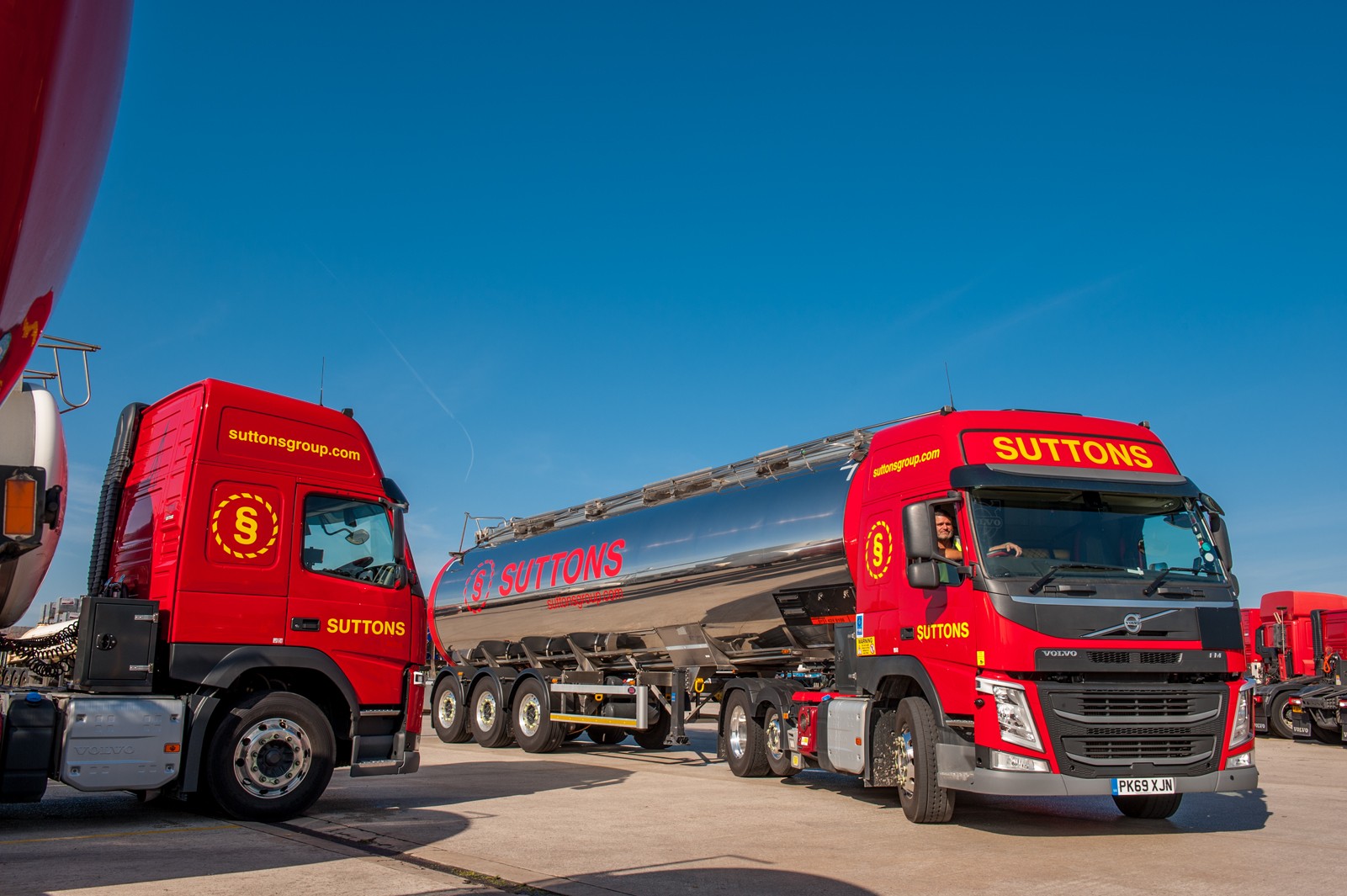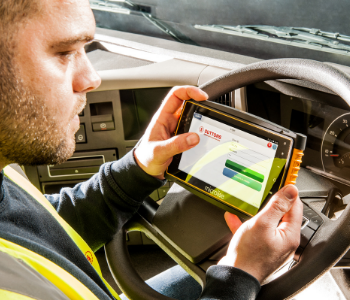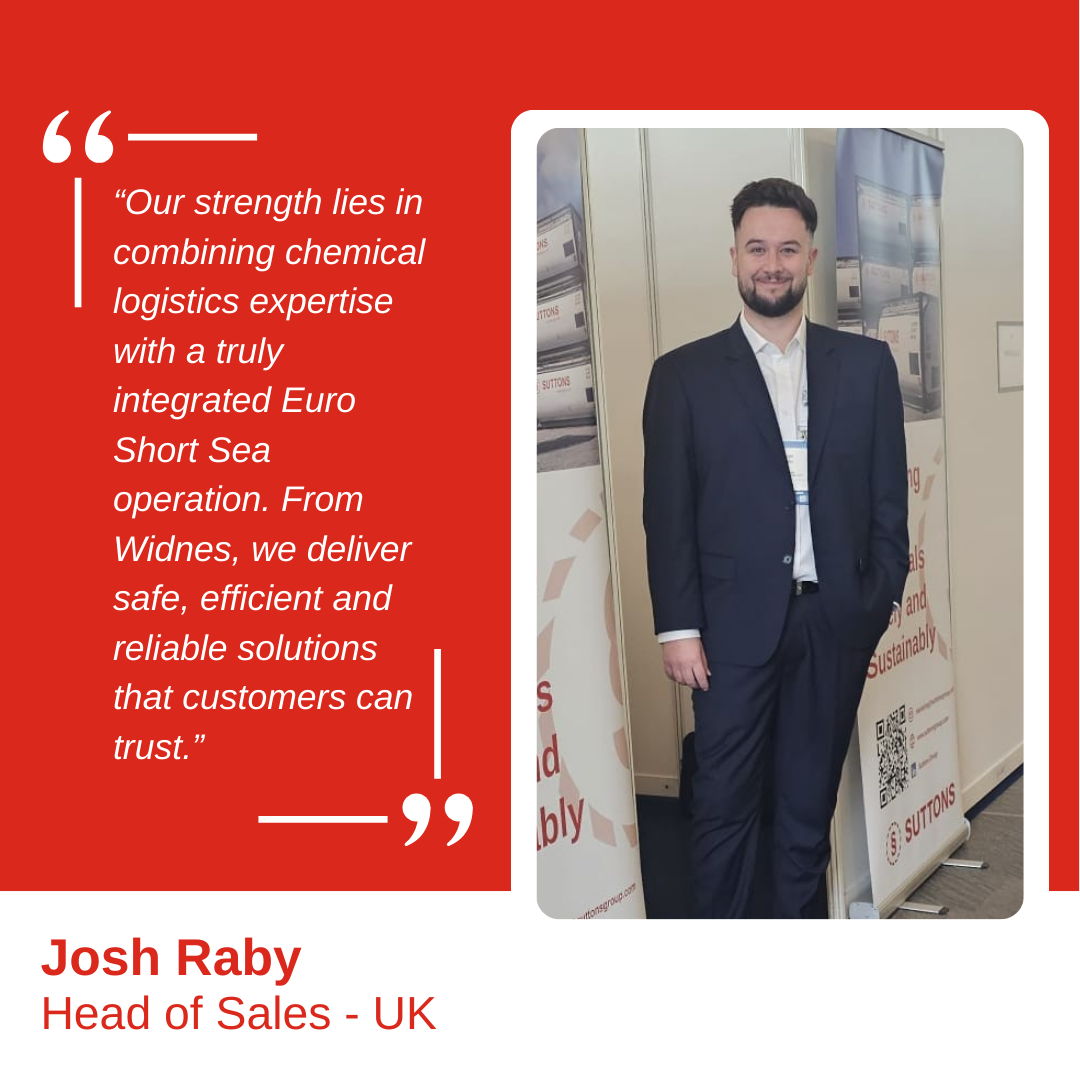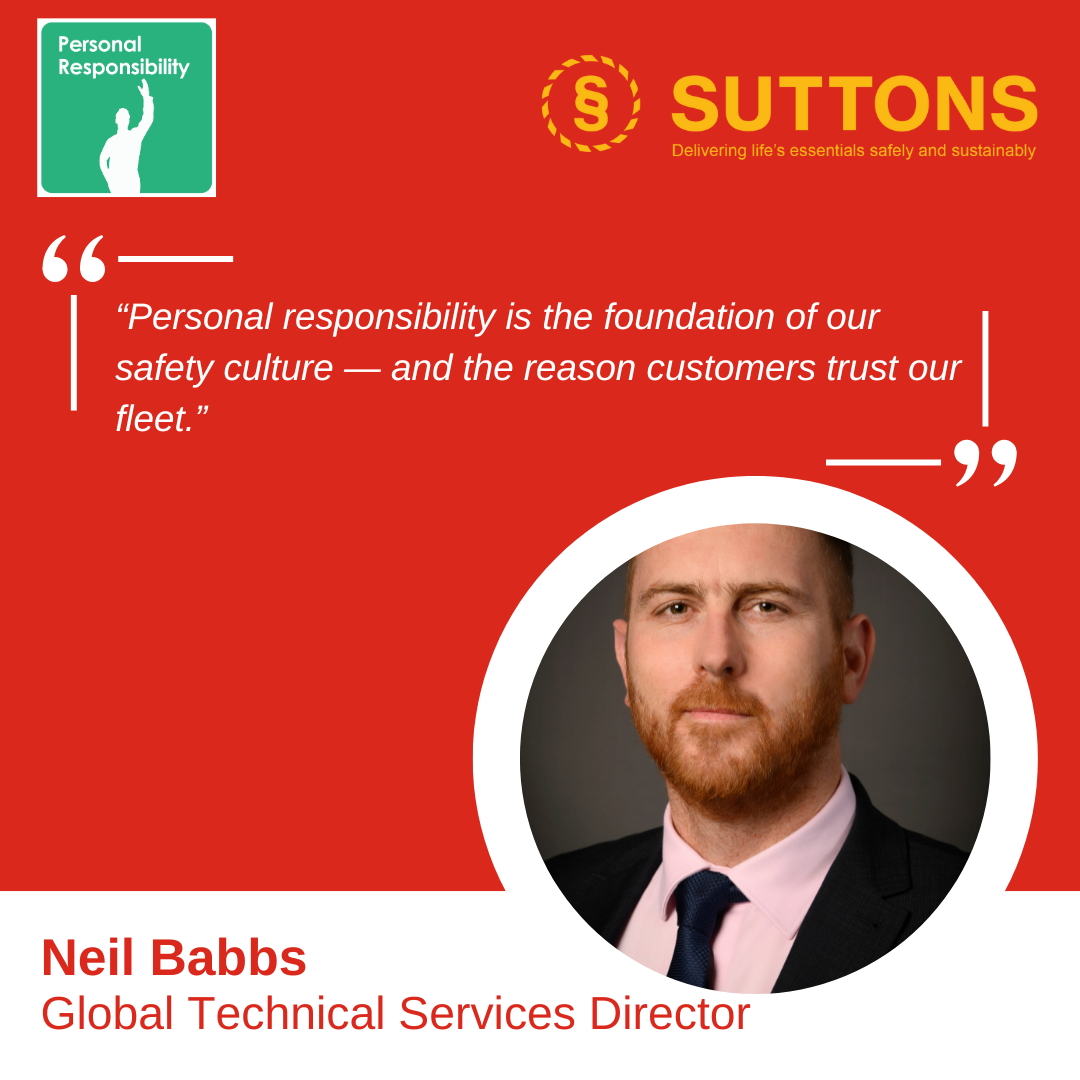Nigel Gilhooley, Commercial Manager at Suttons Tankers, discusses the topical issue of sustainability in the logistics industry. With so many different initiatives and alternative fuels, Nigel assesses the benefits and limitations of each.
Sustainability is a huge buzzword in all walks of life at the moment, especially in logistics. It cannot be denied that we all need to play our part, as individuals and businesses, to reduce our carbon footprint and protect the environment for future generations. But with so many different initiatives and ways we can contribute, it can often be difficult to know where to start.

Hauliers and logistics businesses undoubtedly have a negative impact on the environment due to the nature of the industry – we operate in supply chains to keep products moving across the globe to ensure that life’s essentials are readily available to society. The transportation of such goods inevitably require energy and that is most traditionally in the form of diesel which we now know is highly damaging to the environment.
There are areas in which logistics companies have been tackling for some time now, which have been reasonable for them to do so without too much change in infrastructure, which have seen great improvements on emissions and carbon impact. These include analysing and improving on driving style such as reducing harsh braking and driving at optimum speeds for fuel efficiency. Hauliers have also been seen to maximise payloads, ensure backloads where possible and reduce wasted journeys.
Over the last six years, Suttons Tankers has reduced its CO2 emissions by 13,900 Mt, with the largest reductions occurring between 2021 and 2023. This has been achieved through a combination of fleet investment and driving style. All of our vehicles are now of Euro 6 standard and we have more plans to improve our sustainability further with our goal to be net zero by 2040.
There are in-cab telematics systems such as Microlise, which has been a great analytics tool for us at Suttons, which allow transport operations teams to analyse individual drivers’ driving style and coach the driver workforce to drive these efficiencies. But now this has been done, what’s next?

Once we start looking outside of the somewhat ‘obvious’ options such as improving driving efficiency and reducing empty mileage, the next option has to be alternative fuels. As hauliers our environmental impact is dominated by the fuel that we use to move our customers’ products from A to B so we must look at alternative ways to run our fleet which contributes to our commitment to sustainability.
We’ve seen a huge rise in the number of electric cars on the road over the last few years, and initiatives such as ULEZ in London has naturally caused a reduction in sales for diesel cars. That being said, it’s largely a lot easier to make the change to electric as an individual, rather than as a logistics company whose business model relies on the ability to drive long distances and serve customers at different ends of the country, and often intermodally.
The range in electric vehicles is often heard to be problematic for individuals, let alone that for hauliers. Battery electric vehicles emit zero emissions, so on paper are perfect for contributing to our sustainability goals. However, they are not conducive to 44 tonne vehicles and the range is not the most practical when serving customers nationwide. With that in mind, battery electric vehicles make the perfect option for vans and inner-city driving, which explains why they’ve proven to be popular with parcel delivery companies such as DPD and Yodel.
Another green option is hydrogen but there is a real lack of critical infrastructure for this alternative fuel as well as a lack of government support in the UK.
Hydrotreated vegetable oil, more commonly known as HVO, is a diesel-like fuel which can be used as a drop in alternative requiring no modifications to the current engine. This is one of the huge benefits to using HVO, as well as the fact it is a 100% sustainable, renewable hydrocarbon.
![]()




